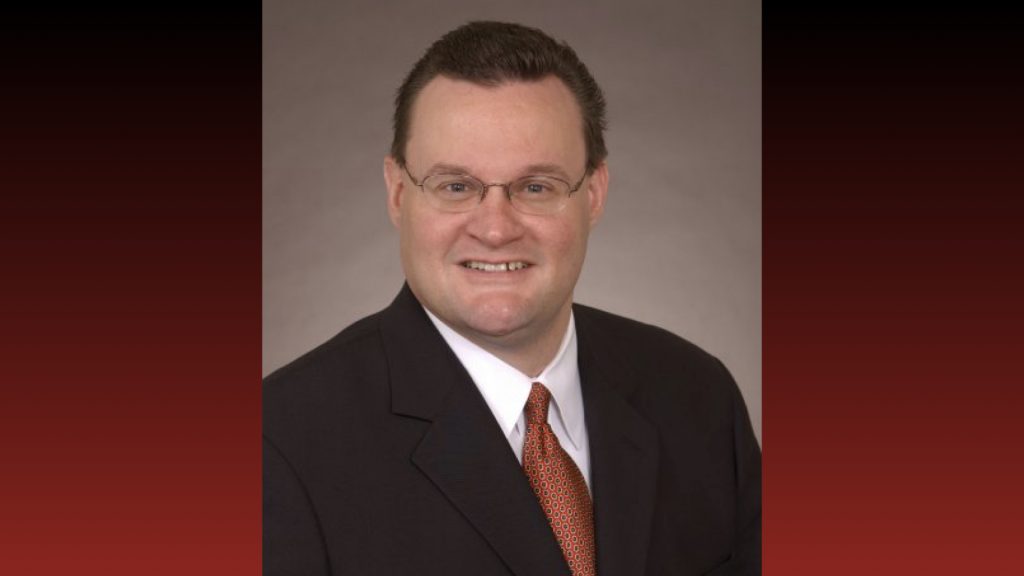
BOSTON – Legislation sponsored by House Minority Leader Bradley H. Jones, Jr. (R-North Reading) to criminalize female genital mutilation (FGM) in Massachusetts and offer support to its victims is now on Governor Charlie Baker’s desk awaiting his signature.
House Bill 4606, An Act relative to the penalties for the crime of female genital mutilation, was enacted by the House and Senate on July 30, just two weeks after the House initially engrossed the bill. The bill represents a redrafted version of Representative Jones’ original FGM bill (House Bill 1466), as well as two similar bills sponsored by Representatives Natalie Higgins and Jay Livingstone (House Bill 3332) and Senator Joseph Boncore (Senate Bill 834).
“Today marks an important victory for upholding the rights and protections of some of our most vulnerable residents,” said Representative Jones. “Over the last two years, I have had the honor of working alongside so many dedicated advocates and colleagues, all of them united behind a common goal of ending FGM and providing support to its victims. With the enactment of House Bill 4606, Massachusetts is now one step closer to becoming the 39th state to ban FGM.”
A 2012 study by the Centers for Disease Control and Prevention found that more than half a million women and girls in the U.S. have been subject to FGM or were at risk. Massachusetts has the 12th largest at-risk population in the entire country but is currently one of only 12 states that have not banned FGM.
A federal FGM ban was approved by Congress in 1996, but it was struck down by a U.S. District Court judge in 2018. At the time, the court declared the ban unconstitutional under the Commerce Clause, ruling that the authority to prohibit this practice resides with the states.
House Bill 4606 would impose a penalty of up to 5 years in state prison, or a fine of up to $10,000 and imprisonment for up to 2 ½ years in a house of correction, for anyone who knowingly performs FGM on a person under the age of 18, or who transports someone under the age of 18 within the Commonwealth or outside the state for these purposes.
The bill requires the Commissioner of Public Health to implement an educational program on FGM prevention, and to partner with the Department of Elementary and Secondary Education, the Department of Children and Families, the Executive Office of Public Safety and Security, the Attorney General’s office, and other government and non-governmental organizations to protect and provide assistance to FGM victims. It also directs the Commissioner of Public Health to develop recommendations for training health services providers to recognize the risk factors and warning signs associated with FGM.
The bill also contains provisions allowing FGM victims to bring a civil action seeking damages and allows for treble damages to be awarded if the defendant’s acts are deemed to be willful and malicious. Civil action must be commenced within 10 years, but the time limit is tolled until the child has attained the age of 18.
